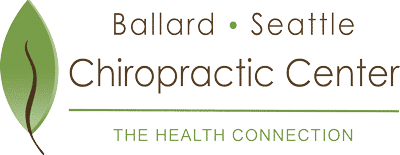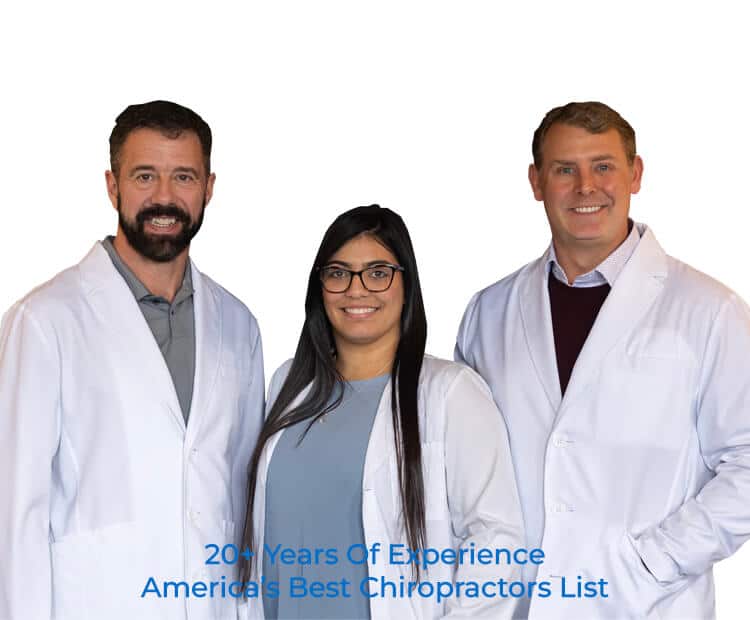
Chiropractic Care For Herniated Disc
The spine contains flexible discs between its bones that soak up the shock and keep the bones in place. Each disc comprises a rigid, rubbery exterior annulus enclosing an inner soft, jellylike center.
A herniated disc occurs when one of these discs shifts or bulges due to a tear in the outer ring. This can irritate nearby nerves and cause numbness, weakness, or pain in the arms or legs, depending on its location. While herniated discs can happen anywhere, they are most often found in the lower back.
Getting timely treatment for slipped discs is crucial to avoid severe problems and ensure long-term health. Let’s discuss symptoms, causes, and treatments for the herniated disc.

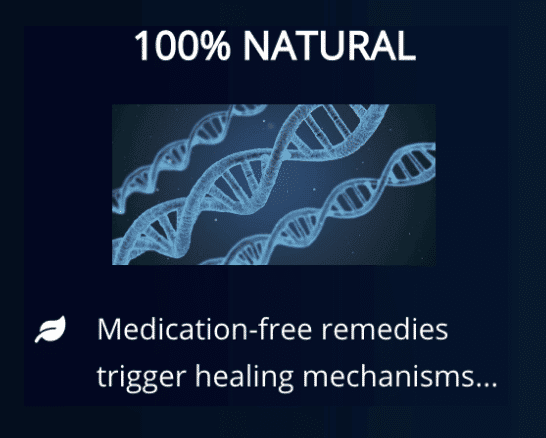
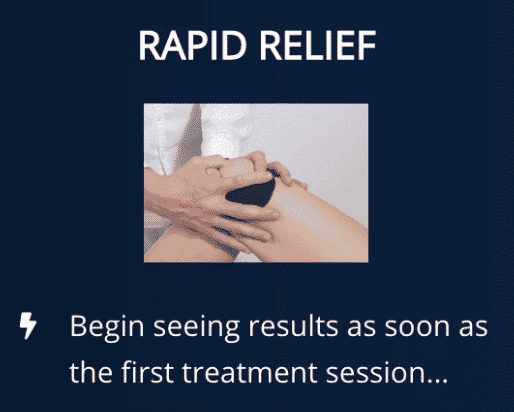

Symptoms Of Herniated Disc
Depending on the rupture location, a herniated disc’s symptoms can range from moderate pain and discomfort to excruciating lower back pain and numbness.
Common symptoms of a slipped disc include:
- Frequent muscle spasms and weakness
- Numbness in the limbs and lower extremities
- Tingling sensations with pins and needles around the ruptured disc
- Overactive reflexes
- Cervical or lumbar radiculopathy
- Changes in bowel or bladder function (In rare cases)
Types Of Herniated Disc
Here are the common three types of herniated discs which are categorized based on their location in the spine:
Cervical Herniated Discs: Located in the neck, they can cause pain, weakness, or numbness in the neck, shoulders, arms, and hands.
Thoracic Herniated Discs: Less common, these discs affect the middle of the spine, potentially causing pain or discomfort in the upper back or chest.
Lumbar Herniated Discs: Most frequent, they occur in the lower back, leading to symptoms such as pain, numbness, or weakness in the lower back, buttocks, legs, and feet.
Causes Of Herniated Disc
Gradual age-related wear and tear is the most common cause of a herniated disc. As a person ages, the intervertebral discs become stiff and more vulnerable to tear or rupture. other possible causes for a herniated disc are:
- Lifting heavy objects using your back
- Prolonged decreased joint motion
- Sudden twisting of the back
- Sitting for too long
- Excessive pulling, pushing, and twisting movements
How to Heal A Herniated Disc Naturally
Lying on your stomach with your hips up can help ease pain temporarily. We can do some practices to avoid the long-term problem from it. There are so many other easy ways to take care of yourself which include:
- Doing regular exercises.
- Putting warm or cold packs on the sore area
- Taking pain medicines like ibuprofen for a herniated disc
- Trying gentle stretches to improve flexibility
- Paying attention to your posture while sitting or standing
How Can a Chiropractor Help with a Herniated Disc?
Chiropractors use various techniques to assist individuals with herniated discs. They mainly focus on non-invasive methods to alleviate pain and enhance spinal function. Here are some key chiropractic treatments which include:
Spinal Adjustments: Chiropractors use controlled force to realign the spine, aiming to reduce pressure on affected discs and nerves. These adjustments work towards restoring proper vertebral alignment, thereby improving overall spinal mobility.
Flexion-Distraction Technique: This involves gentle stretching of the spine to decompress affected discs. The controlled, repetitive motion helps ease pressure on the herniated disc and promotes a healthier spinal environment.
Soft Tissue Massage: Chiropractors may incorporate soft tissue massage to address muscle tension and promote relaxation. This can complement other techniques by enhancing flexibility and reducing overall discomfort.
Therapeutic Exercises: Tailored exercises may be recommended to strengthen supporting muscles, providing additional stability to the spine and reducing the risk of further injury.
Conclusion
Chiropractors are experts in treating pain without using drugs or surgery. They focus on finding and fixing the root cause of your pain, not just covering up the symptoms. With treatments like gentle spine adjustments, special stretching, and relaxing massage therapy, you can get relief not just from where it hurts but all over your body.
Chiropractic care is like taking care of your whole body, not just fixing one problem. So, if you’ve been dealing with pain for a long time, a visit to a chiropractor might be the answer. Our friendly and knowledgeable chiropractic team is here to help.
Schedule an appointment, and discover how much better you can feel! Don’t wait to take the first step towards a pain-free life.
Book An Appointment
Request an appointment online by calling us at (206) 783-6000
You can also use the online booking tool below for an appointment.
Frequently Asked Questions About Herniated Disc
What is the fastest way to heal a herniated disc?
According to recent studies conducted across the US on how to heal herniated disc naturally, regular chiropractic treatment sessions provide rapid pain relief and accelerate the healing process. Slipped disc chiropractors in Seattle apply gentle pressure along the spine’s length to restore its natural alignment. Soft tissue therapy is also a fantastic approach to speeding up the recovery process.
What activities should you avoid with a herniated disc?
Herniated disc chiropractors recommend regular light exercise to strengthen the muscles in your back. However, strenuous exercise, sitting too much, and excessive twisting movements can pose severe threats to your health. Therefore, you should avoid doing laundry, vacuuming, shoveling, and running without your doctor’s permission.
How long does it take for a disc herniation to heal?
In most cases, a herniated disc heals on its own within four to six weeks if the patient takes precautions and treatment regularly. The pain usually fades away in about six days. However, delaying the treatment and carelessness can lead to complex disorders that require spinal surgery.
Does Medical Insurance Cover Herniated Disc?
Your medical insurance plan is highly likely to cover the total cost of chiropractic care for a herniated disc. However, you may not get total compensation in severe conditions that require surgery.
